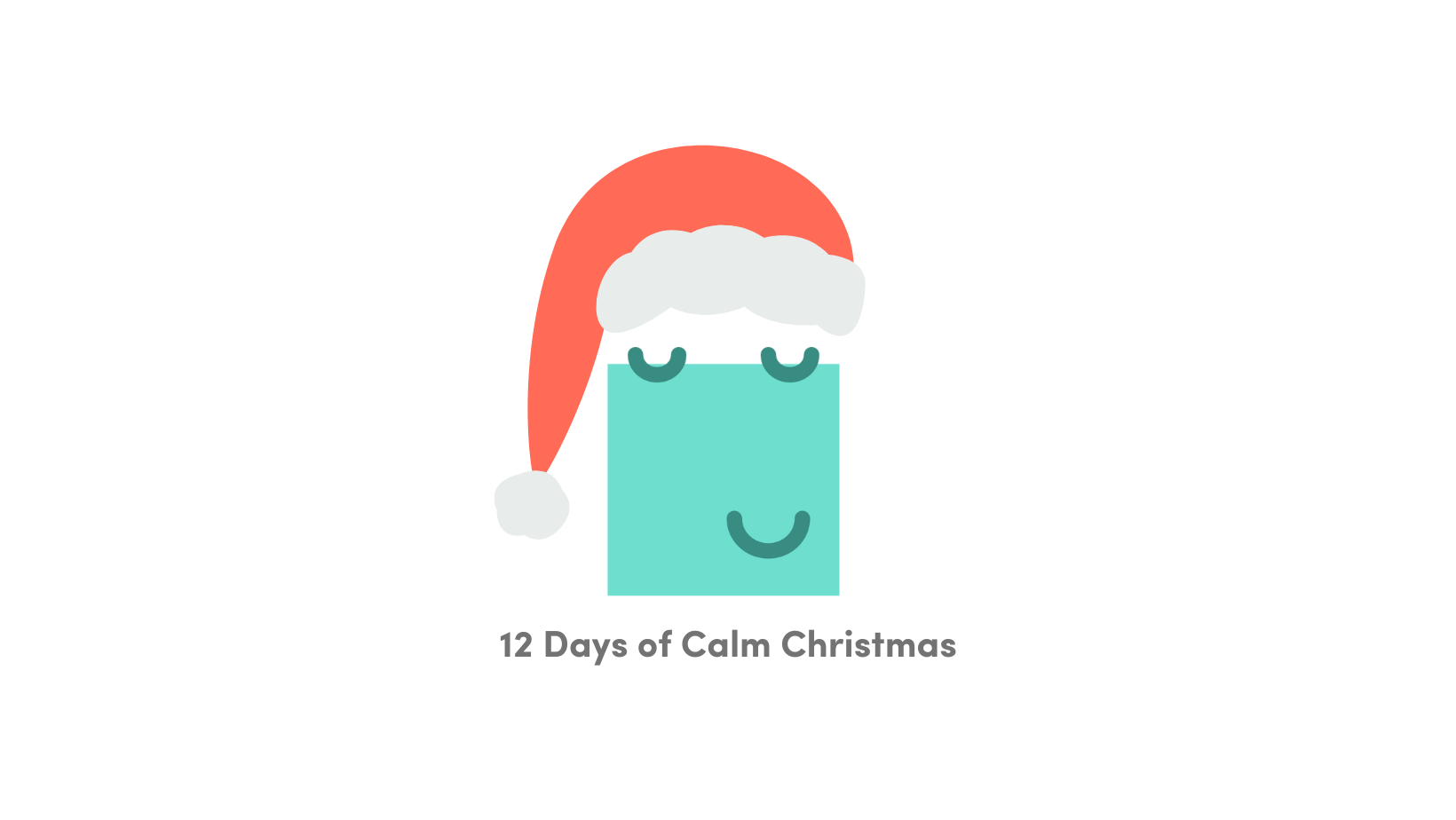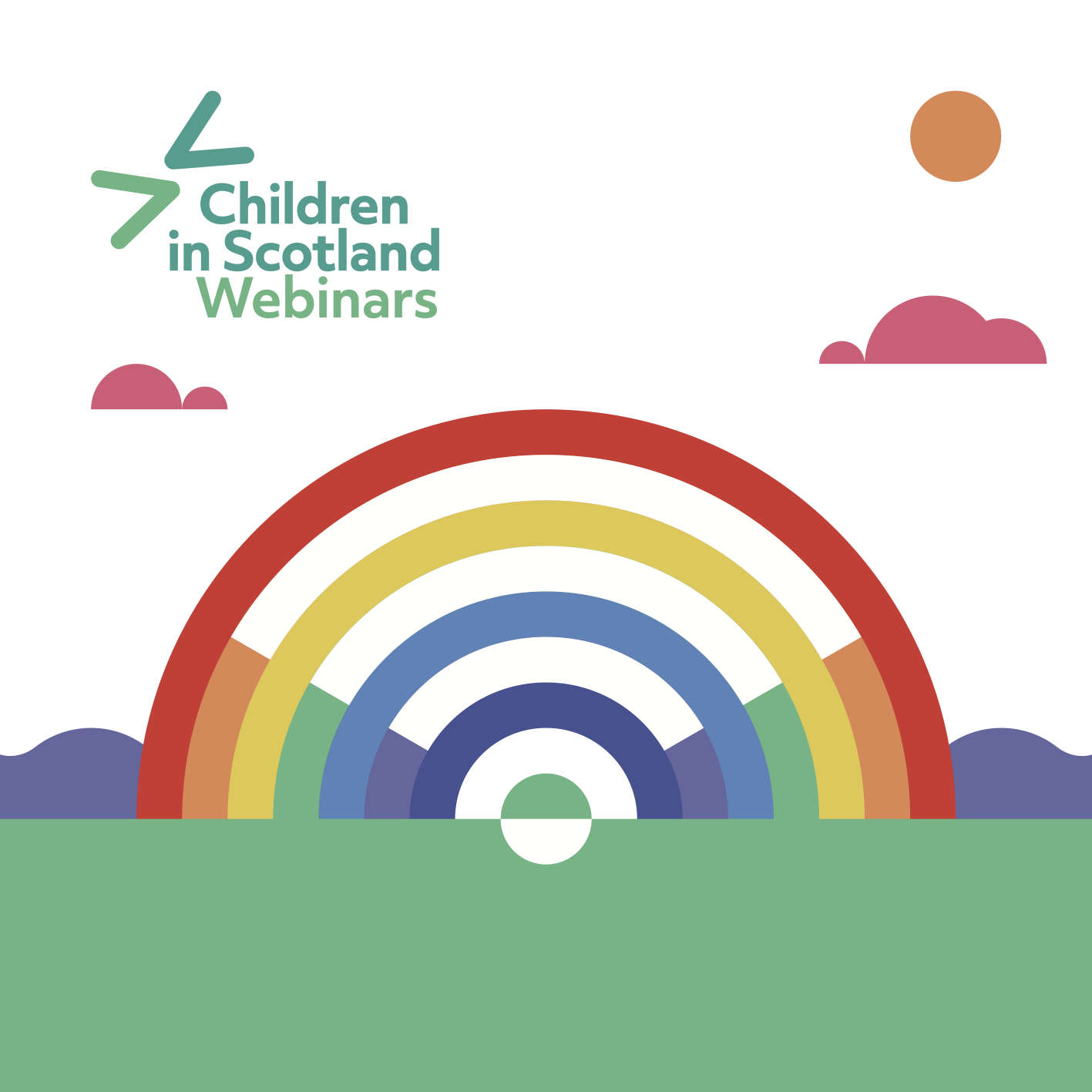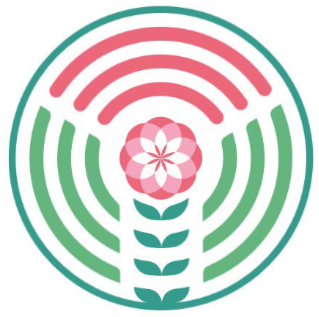7 July 2020
Dr Peter Vermeulen is an internationally acclaimed autism consultant, lecturer and trainer. He has published more than 15 books on autism, including Autism as Context Blindness.
Ahead of his Children in Scotland webinar this Thursday, he explains how much we can learn from people with autism on how to manage stress and anxiety
What keeps me interested in autism, after all these years, is that I still haven’t found the answer. In fact, I now realise that you don’t need an ultimate answer to help autistic people and their families.
There’s a lot of value in trying to understand autism and develop all kinds of educational, behavioural treatment strategies to help people. But maybe we overlooked the basic human need of autistic people and that’s wellbeing. My focus has become more about the basic human needs that autistic children have and what neurotypical and autistic people have in common.
If we look at today’s climate and especially in the Covid crisis, I think we all have a lot in common. That’s why this webinar about stress management is important.
Whether you have autism or not – we have all of us gone through a period of increased stress, heightened anxiety and a lot of uncertainty and I think this crisis may be the moment to start talking about how we are not that different after all.
I have even gone so far as to describe this as a big ‘autism experience’ experiment. All non-autistic people, and all children, now have to go through what is probably daily life for many autistic people – so for children, isolation, separation from peers, but also uncertainties, about school, about not seeing grandparents, about so many things.
And this is why I and other experts have been interviewing autistic adults to ask them how they cope with anxiety so that they can give neurotypicals advice. Because they’re the experts in anxiety and stress.
We can learn a lot from autistic people, how they cope with stress but also the impact of stress if you don’t manage it. If you experience stress for too long, it makes you sick, literally. It weakens your immune system.
We are all scared of this virus but there’s another thing that is threatening the bodies of autistic children and that’s the stress hormone, cortisol. This has the potential to make young people even more vulnerable so it’s crucial we address the issue of stress management as we continue to cope with the crisis.
What I hope people will gain from this webinar is an awareness that it’s the pile-up of stress that causes the most problems. Some people don’t realise that it’s in the moments of calm, when the child is happy and playing, that it is that moment to do the relaxation exercise. It is then that they are open to it and it will most effective.
The moment the child gets into a meltdown or a panic attack, it’s too late, because then the child is not open to new things. Stress management should be included in the daily schedule along with planning mealtimes and taking a shower.
Also, I want parents and practitioners to know that they have some influence, that they can make a difference. As a parent sometimes you feel powerless but I want to let parents know that there are a lot of things that they can do, like cycling or running with their children – psychologists won’t do that with them.
Our webinar Stress Management in Autism: with Dr Peter Vermeulen takes place this Thursday 9 July, at 3pm.






